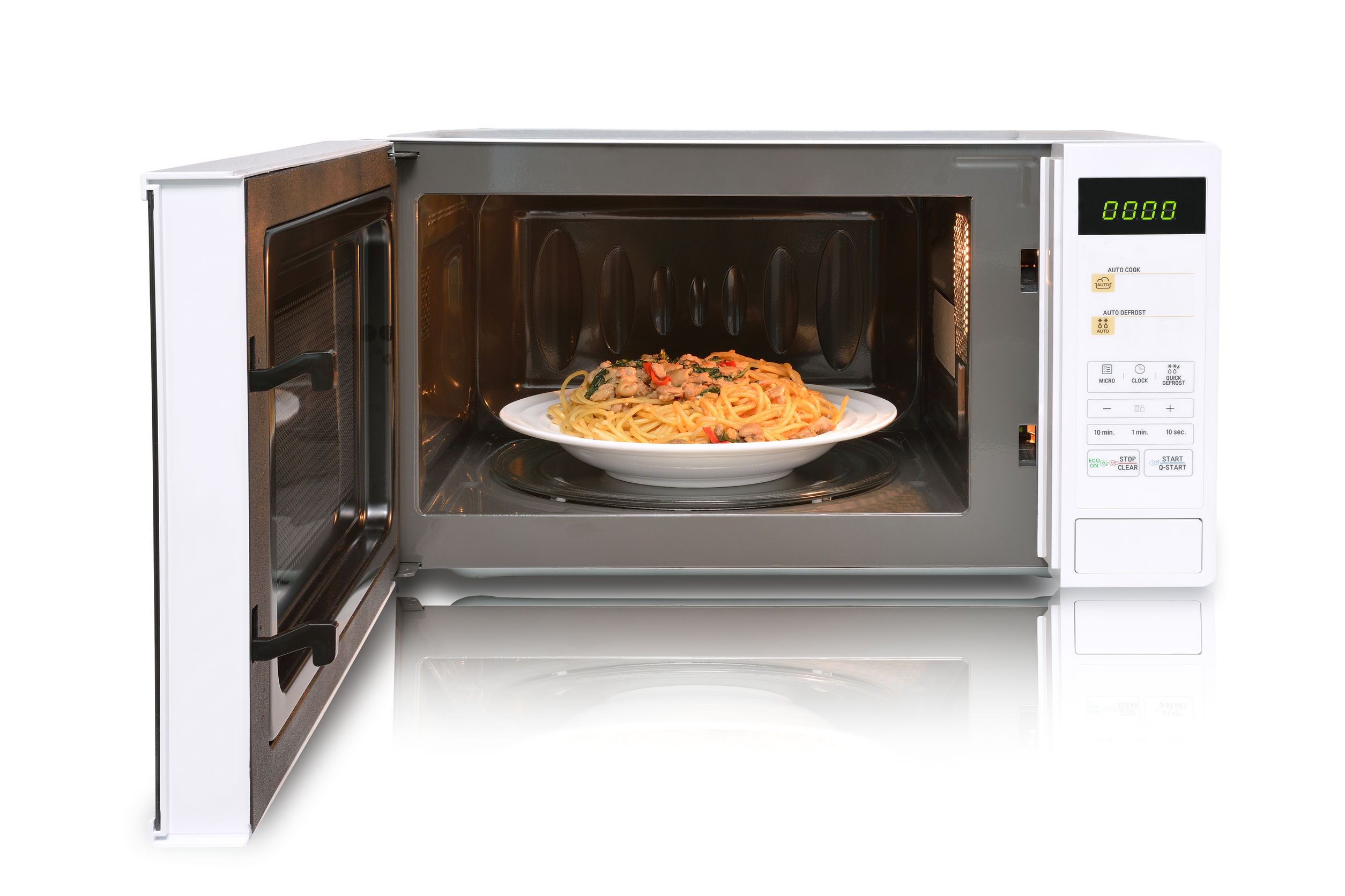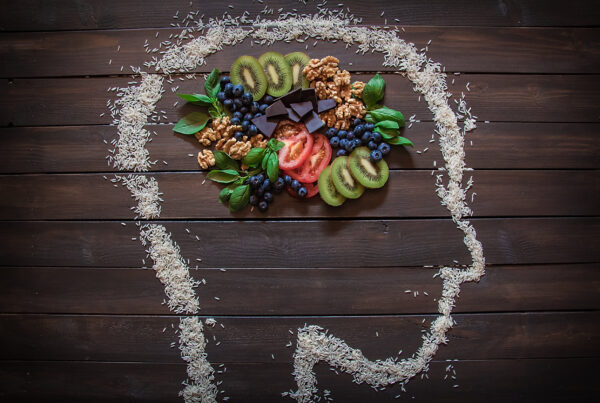”West Virginia, how do microwaves change food? This week's article looks to answer this question and others about microwaves. We hope you find this helpful and informative!
Reading time: 4 Minutes
MWi Hacks:
- Find out what a microwave actually does to your food
- Learn if microwaves can actually effect the nutritional value of your food
MWi Summary:
- Microwaves use waves that are similar to radio waves to heat up food. Heat can break down certain nutrients in food, but not to any significant extent.
- Microwaves heat our food quickly and help retain many nutrients.
- It is also important to remember to eat high quality foods, regardless of how they are cooked.
Microwave cooking may be quick and easy – but are microwaves safe for your food?
Are microwaves bad for your health? Almost every American home has a microwave oven. The convenience they offer is undeniable. But despite the widespread use of microwave ovens and their excellent safety record, some people have lingering doubts that cooking food with microwaves somehow makes food less healthy by zapping the nutrients out of food. Does cooking with microwaves do that? Is microwave food healthy?
How microwave cooking works
Understanding how microwave ovens work can help clarify the answer to these common questions. Microwave ovens cook food using waves of energy that are similar to radio waves but shorter. These waves are remarkably selective, primarily affecting water and other molecules that are electrically asymmetrical — one end positively charged and the other negatively charged. Microwaves cause these molecules to vibrate and quickly build up thermal (heat) energy.
Are microwaves safe for cooking your food?
Some nutrients break down when they’re exposed to heat, whether it is from a microwave or a regular oven. Vitamin C is perhaps the clearest example. But because microwave cooking times are shorter, cooking with a microwave does a better job of preserving vitamin C and other nutrients that break down when heated.
As far as vegetables go, cooking them in water robs them of some of their nutritional value because the nutrients leach out into the cooking water. For example, boiled broccoli loses glucosinolate, the sulfur-containing compound that may give the vegetable its cancer-fighting properties (as well as the taste that many find distinctive and some find disgusting). Is steaming vegetables — even microwave steaming — better? In some respects, yes. For example, steamed broccoli holds on to more glucosinolate than boiled or fried broccoli.
Are microwaves bad for your health?
The cooking method that best retains nutrients is one that cooks quickly, heats food for the shortest amount of time, and uses as little liquid as possible. Microwaving meets those criteria. Using the microwave with a small amount of water essentially steams food from the inside out. That keeps in more vitamins and minerals than almost any other cooking method and shows microwave food can indeed be healthy.
But let’s not get too lost in the details. Vegetables, pretty much any way you prepare them, are good for you, and most of us don’t eat enough of them. And is the microwave oven good or bad? The microwave is a marvel of engineering, a miracle of convenience — and sometimes nutritionally advantageous to boot.
MWi would like to thank Harvard Health for writing this article and supporting our community with expert insights. Follow this link to read the original article:
https://www.health.harvard.edu/staying-healthy/microwave-cooking-and-nutrition






